Sudan Boko Haram vehicles to be licensed
Sudanese who own unlicensed vehicles (popularly called Boko Haram) can legalise their cars within the coming two months.
 Second hand cars for sale near the Libyan border (Ibrahim Mohamed)
Second hand cars for sale near the Libyan border (Ibrahim Mohamed)
Sudanese who own unlicensed vehicles (popularly called Boko Haram) can legalise their cars within the coming two months.
Illegal vehicles found after this period will be confiscated, technical coordinator and spokesmen for the High Committee for the Collection of Weapons and Unlicensed Vehicles Maj Gen Abdelhadi Osman said in a press statement on Monday.
He added that the confiscations will be applied “strictly and severely”. Maj Gen Osman also pointed out that the borders will be controlled carefully by the regular forces during this two-month period.
Tthe first 15 days of the two-month period, from January 1 until January 15, will be devoted to register and inventory the vehicles. The vehicles will be legalised and licensed in the period from January 16 until March 1.
The decision to legalise the Boko Haram cars was taken by a committee meeting on Monday chaired by Vice President of the Sovereign Council Lt Gen Mohamed Hamdan 'Hemeti'. Several ministers, state governors and leaders of security services participated in the meeting.
In November, North Darfur governor Mohamed Arabi announced that an understanding has been reached with the federal government to process, through normal customs procedures, more than 100,000 vehicles that were smuggled into the country.
In August, the Security Committee of El Fasher, banned all unregistered vehicles in the state. North Darfur’s Governor Mohamed Arabi directed the competent authorities to list all unregistered vehicles, pending official registration.
Collection of fire arms
The collection of fire arms will continue, the High Committee announced. It was decided that state forces will be responsible for this. They will use modern detection devices and police dogs to check for illegal weapons.
The committee said that successful operations to discover illegal fire arms can be used to showcase Sudan’s capabilities in arms collection to the African Union, and to donor countries that might be willing to fund these kind of operations.
In September, the committee stated that 300,000 unlicensed fire arms had been collected and destroyed in three years. Maj Gen Abdelhadi Osman said at the time that the first three stages of fire arms collection has cost $40 million, which the Sudanese government paid for entirely. He called on the international community to contribute funds for the next phase.
Radio Dabanga’s editorial independence means that we can continue to provide factual updates about political developments to Sudanese and international actors, educate people about how to avoid outbreaks of infectious diseases, and provide a window to the world for those in all corners of Sudan. Support Radio Dabanga for as little as €2.50, the equivalent of a cup of coffee.












 and then
and then